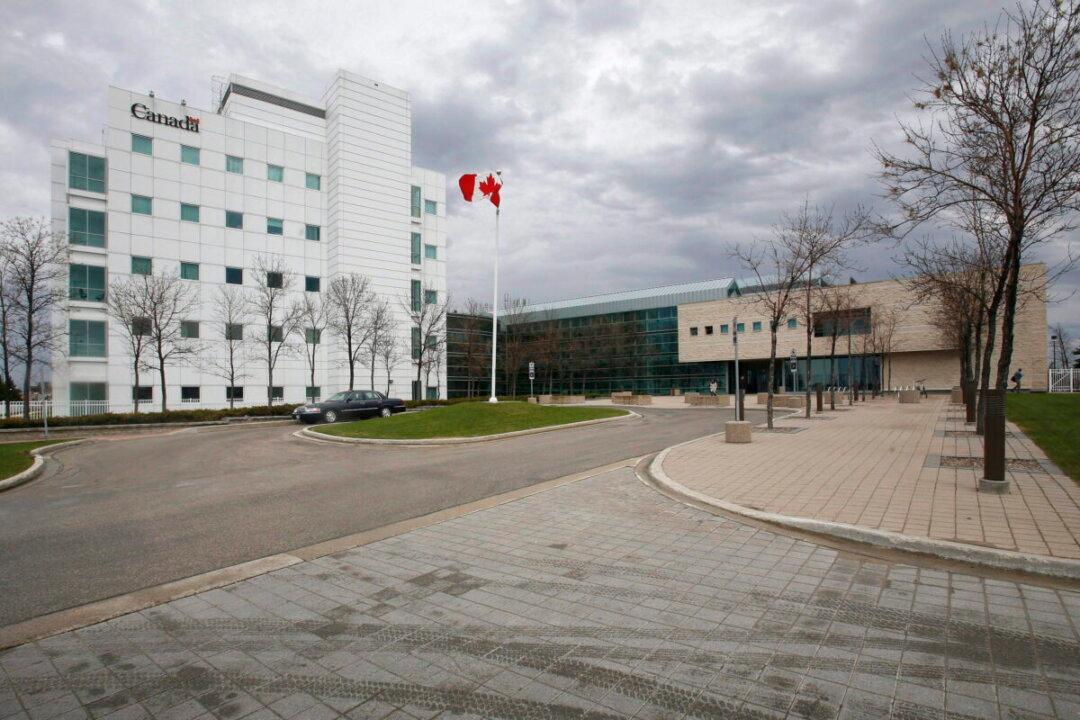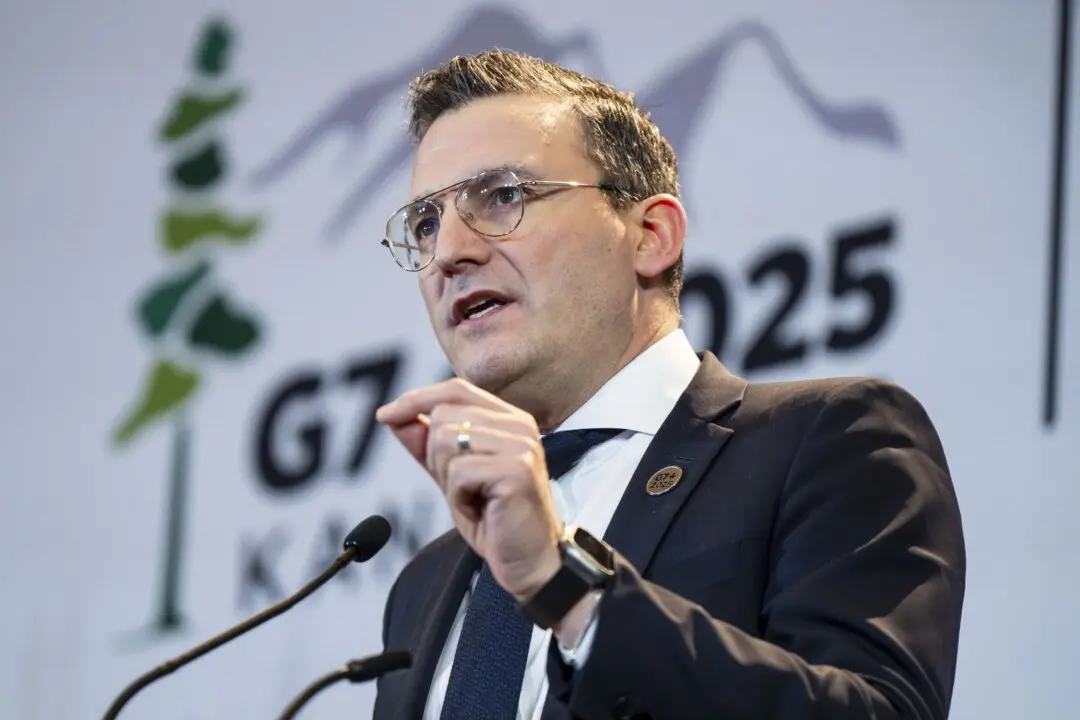The federal Liberals will move ahead on a special, all-party, security-cleared committee to review documents related to the firing of two scientists from the National Microbiology Laboratory (NML) in Winnipeg—even if the Conservatives continue to reject their plan.
Government House leader Mark Holland said Wednesday the NDP has agreed to the idea, and he hopes the Tories and Bloc Québécois will also participate.





